 |
 |
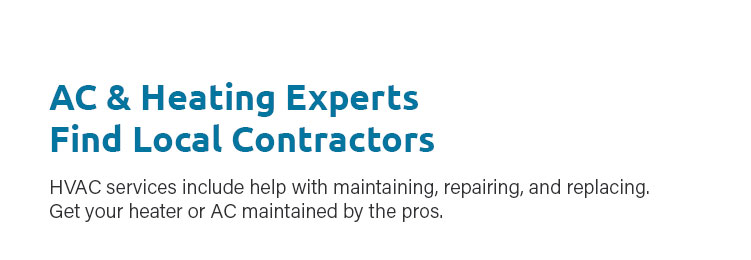 |
 |
 |
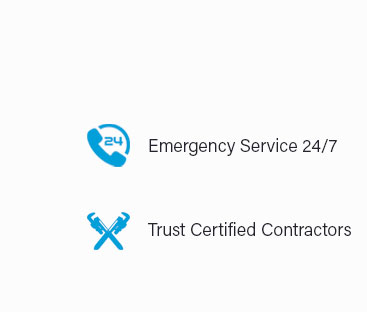 |
 |
 |
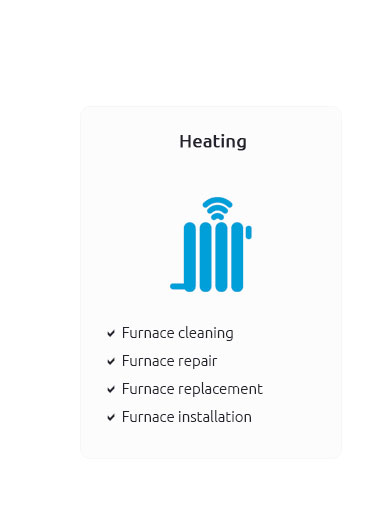 |
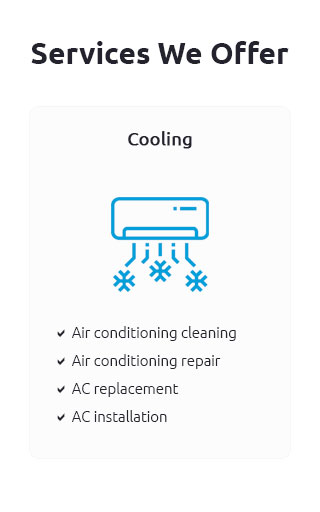 |
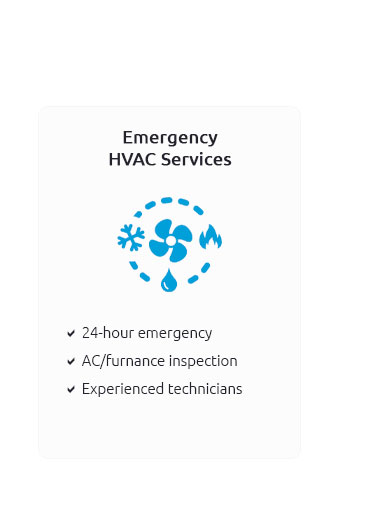 |
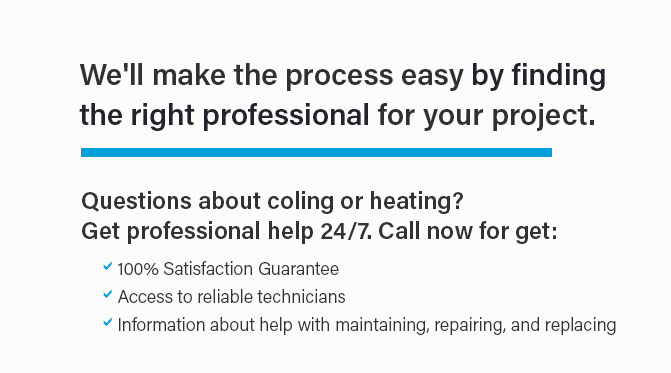 |
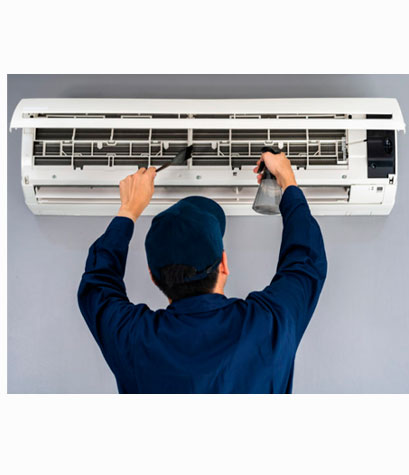 |
 |
 |
 |
|
Experience unparalleled comfort with our expert HVAC services, where precision meets passion-our local contractors are the trusted AC and heating experts ready to revolutionize your home's climate; with seamless home HVAC installation, we ensure your environment is perfectly tailored to your needs, promising efficiency, reliability, and a breath of fresh air-embrace the future of home comfort today with professionals who deliver excellence, every time.
https://www.reddit.com/r/HVAC/comments/a52t13/diy_advice_what_parts_do_i_need_to_install_hvac/
Ductwork, dedicated electric circuit, gas lines (if gas heat), lines out to the condensor, freon connections, vaccuum/add freon, drains, heater ... https://www.trane.com/residential/en/resources/blog/hvac-basics-what-you-need-to-know-about-home-heating-and-cooling-before-you-buy/
HVAC stands for heating, ventilation and air conditioning systems. This system is responsible for heating and cooling your home and includes ... https://www.bbcboards.net/showthread.php?t=1239336
I as a business owner would never touch a HD job. They always wanted to beat you down on pricing while using the cheapest products available.
|